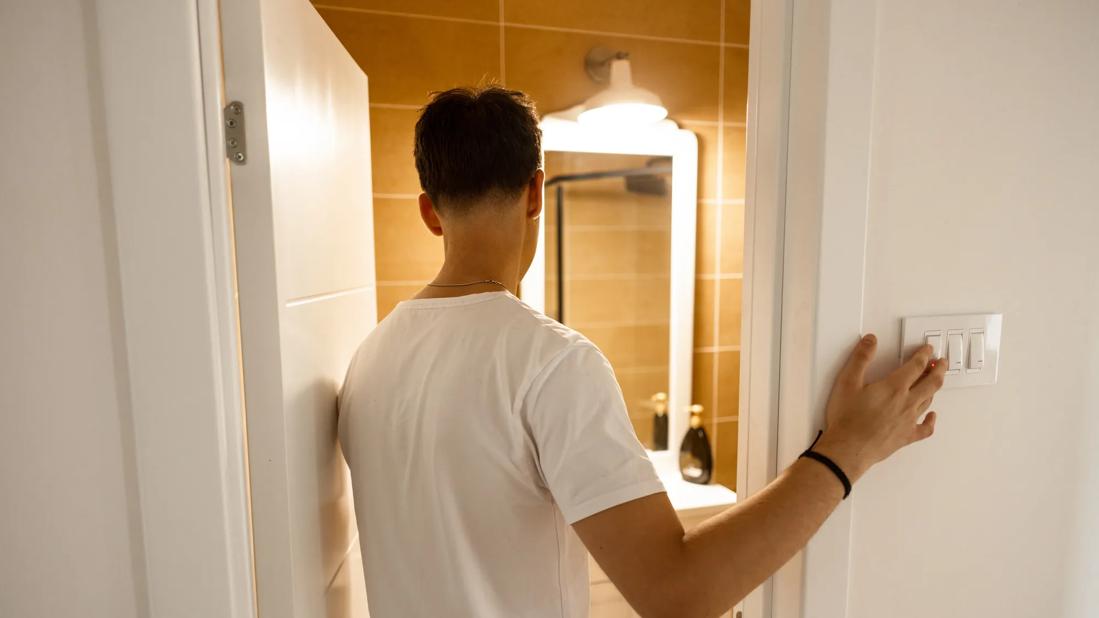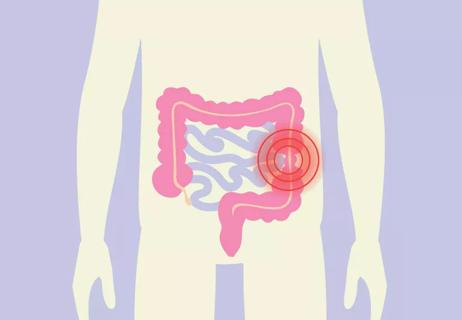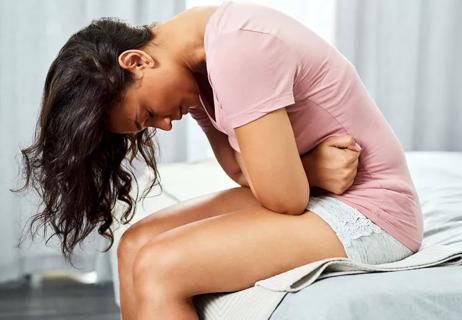Pediatric IBS treatment involves making dietary adjustments, getting mental health support and — in some cases — taking prescription medication

Sometimes, your child’s belly pain is just a run-of-the-mill stomachache. But if that pain comes, goes and then comes back again, repeatedly, along with other digestive symptoms, it could be a sign of something more. Pediatric gastroenterologist Jessica Barry, MD, explains.
Advertisement
Cleveland Clinic is a non-profit academic medical center. Advertising on our site helps support our mission. We do not endorse non-Cleveland Clinic products or services. Policy
Irritable bowel syndrome (IBS) is a gastrointestinal disorder that causes pain or discomfort, bloating, gas and diarrhea, or constipation. It’s a form of oversensitivity of the stomach or gut that can trigger symptoms but, unlike inflammatory bowel disease (IBD), it doesn’t damage the gastrointestinal tract.
There are three main types of irritable bowel syndrome: IBS with constipation (IBS-C), IBS with diarrhea (IBS-D) and IBS with mixed bowel habits (IBS-M).
It’s a common condition in adults. Experts estimate that 10% to 15% of the adult population lives with IBS, with only 5% to 7% ever pursuing a formal diagnosis.
But is pediatric IBS a thing?
It is a thing. And it’s become increasingly common over the past two decades. A 2018 U.S. study found that 5% of children ages 4 to 18 years old have IBS. Some population studies in other countries put that number far higher.
For some kids, those symptoms are merely an annoyance. For others, they’re disruptive.
“IBS can affect a child’s quality of life, their day-to-day functioning and whether they’re able to attend school, play sports and hang out with their friends,” Dr. Barry says.
The good news: Most children with IBS continue to grow and develop normally and can find at least some relief with the range of treatment options that are currently available. And there’s more good news: The range of treatment and management options is growing.
Advertisement
Digestive pain can happen at any age, but Dr. Barry says she sees IBS diagnosed in kids frequently starting around age 7 or 8. That’s typically the point when they’re able to clearly describe what they’re feeling, but some present earlier or later.
What exactly are they feeling? Common symptoms include:
Anxiety and depression are also important to note because those conditions can both cause and exacerbate irritable bowel syndrome.
IBS is what’s called a “functional disorder.” It’s not a disease. That means the bowels aren’t working properly, but there isn’t any noticeable damage to them like there would be in a person with, say, Crohn’s disease or ulcerative colitis.
This makes it hard to diagnose. There’s no single irritable bowel syndrome test, so a diagnosis is based on a patient’s history and symptoms. And because general digestive symptoms could point to a number of different conditions, your child will probably need to undergo lab and imaging tests to rule out other potential causes.
One way you can help is by working with your child to create a symptom journal. If possible, have them track the following:
If you have IBS, make a point of sharing that with your kiddo’s provider, too. While we’re still learning about the genetics of the condition, research does suggest having a family member with the condition raises your child’s risk of developing the disorder.
So, your little one’s been diagnosed with IBS. Now what?
There’s no cure for IBS — and there’s no single treatment that works for everybody. But don’t despair! There are lots of different approaches to managing this condition. It’s just a question of mixing, matching and patience.
Dr. Barry shares that many children can improve their symptoms by eating more fiber, following a diet that’s low in FODMAPs and avoiding “trigger foods.”
Advertisement
“If we can pinpoint triggers, we might be able to improve their symptoms without even trying medications,” she explains.
Diet isn’t the only thing that can cause an IBS episode. Stress is an equally powerful trigger. She adds that undergoing behavioral therapy with a psychologist can be really helpful. The gut and the brain are deeply connected. Through therapy, kids learn to manage stress, cultivate mindfulness and cope with their pain.
If lifestyle changes alone aren’t enough to help children manage their symptoms, a healthcare provider may prescribe anti-spasmodic medication or acid reducers, in addition to other medications. Some patients also find probiotics to be helpful, Dr. Barry notes, but she cautions that studies haven’t consistently shown that they’re effective.
If your child has recurring stomach pain, Dr. Barry recommends they have a complete workup by a pediatric gastroenterologist to make sure there aren’t any red flags that point to a more serious problem.
She also recommends maintaining a good, active relationship with a gastroenterologist.
“Having that relationship will help you stay up to date on some of these new therapies and recommendations from our national societies,” she says, “and it’s good to be certain that everyone is on the same page.”
Advertisement
Learn more about our editorial process.
Advertisement

A low-FODMAP diet or gluten-free diet could help you manage your symptoms, but only with professional guidance

Triggers can range from the foods you eat and the medications you take to how often you exercise and how stressed you are

Changes in eating, exercise and sleep habits often can help reduce symptoms

Symptoms of IBS usually include abdominal pain, coupled with bloating and more

You don’t have to limit travel with proper planning

The caffeine and natural acids in coffee may trigger acid reflux, but there are ways to lessen the effects

Babies are born with very little of this vitamin, which plays a critical role in the blood clotting process

Wait a few hours, then start with water or ice chips, graduating to clear liquids and then, soft, bland foods

Wearing a scarf, adjusting your outdoor activities and following your asthma treatment plan can help limit breathing problems

Your diet in the weeks, days and hours ahead of your race can power you to the finish line

When someone guilt trips you, they’re using emotionally manipulative behavior to try to get you to act a certain way